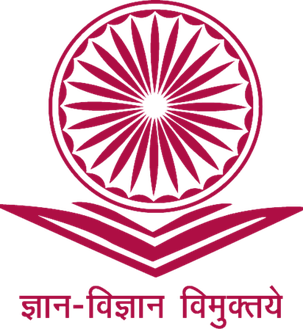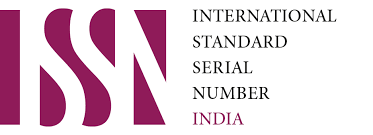ROLE OF INTERNATIONAL ORGANIZATIONS IN MEDIATING GLOBAL CONFLICTS
DOI:
https://doi.org/10.8476/sampreshan.v16i3.336Keywords:
Global conflicts, mediation, peacekeeping, sovereignty, reform, international organizations, sustainabilityAbstract
Global conflicts are increasingly multifaceted, involving diverse actors and emerging threats such as cyberattacks and climate-related tensions. International organizations, including the UN, EU, and AU, mediate these disputes by fostering dialogue, deploying peacekeeping missions, and upholding international law. While their efforts have led to notable successes, such as the Camp David Accords and EU-facilitated agreements in Serbia-Kosovo, challenges remain. Political divisions, insufficient funding, sovereignty concerns, and legitimacy issues often limit their effectiveness. Failures like the Rwandan Genocide and the Syrian Civil War highlight these systemic weaknesses.Despite these obstacles, international organizations remain central to global peacebuilding. Mechanisms such as diplomatic negotiations, sanctions, and leveraging NGOs for humanitarian aid and advocacy provide essential tools for addressing conflicts. However, reliance on member state contributions, veto powers in decision-making, and accusations of bias continue to undermine their impact.Reform and innovation are critical for enhancing their effectiveness. Strengthening financial independence, reducing political interference, and adopting technologies like AI for conflict prediction can improve efficiency. Inclusive strategies, such as local ownership of peacebuilding and sustainable initiatives, further underscore their potential to adapt and address modern conflict dynamics, fostering a more resilient framework for global stability.



